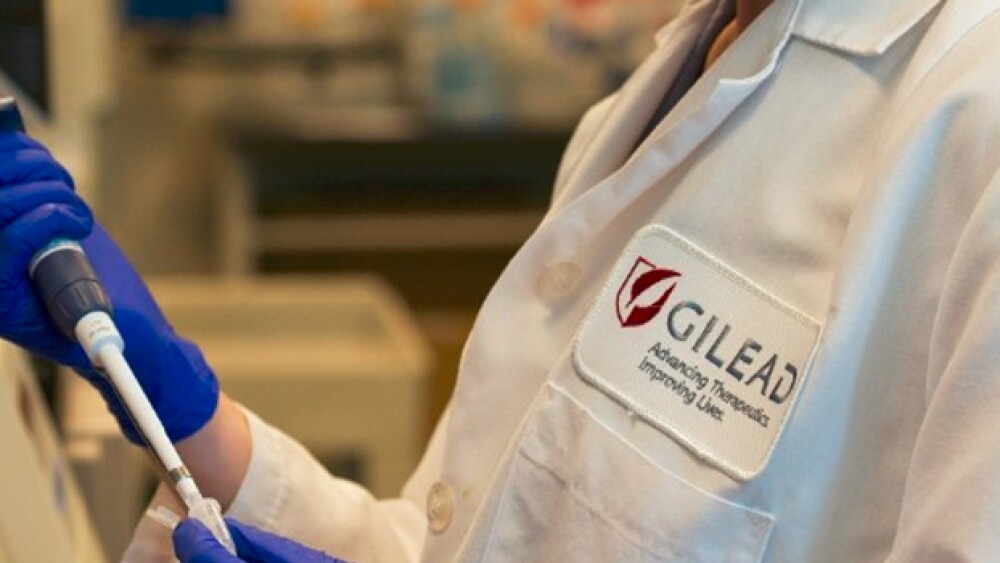Federal court judge orders Merck to repay $2.5 Billion to Gilead in overturned patent decision.
In a long-ranging court battle, a federal judge overturned a jury decision over hepatitis C (HCV) patents. In addition, the judge ordered Gilead Sciences, Inc. to pay Merck & Company $2.54 billion for patent infringement.
The decision overturns a court decision made in December 2016. In that case, the judge decided that Gilead infringed on Merck’s patents with its two drugs, Sovaldi and Harvoni. The judge also determined it was a willful infringement. So the jury deemed that Gilead pay 10 percent royalties to Merck on the $25.4 billion in total sales Gilead had made on the two drugs.
This recent turnover was the result of a Gilead appeal—which Merck says it plans to appeal, saying, “We believe the judge’s ruling does not reflect the fact of the case. The patent at issue in this case facilitated significant advances in the treatment of patients with HCV infection, and achieving these advancements required many years of research and significant investment by our subsidiary and its partners.”
Merck acquired Idenix Pharmaceuticals in 2014 to strengthen its hepatitis C portfolio. Gilead acquired Pharmasset in 2011, which is where it picked up the drug that would become Sovaldi. Idenix, in 2013, filed a lawsuit against Gilead, arguing that the Sovaldi patents were too similar to its own patents for hepatitis C treatment. Meaning that the original patent dispute was launched by two small companies that were later acquired by two of the biggest drug companies in the world.
STAT News notes, “During the trial, Idenix argued that Pharmasset founder Raymond Schinazi conveyed proprietary information about Idenix research to scientists at his company while working as a consultant for Idenix. And Schinazi was reportedly a close friend of Idenix cofounder Jean-Pierre Sommadossi, who testified that he shared confidential information with Schinazi—while Schinazi also led work at Pharmasset.”
About two years ago, a federal judge issued a decision that Gilead was not required to pay $200 million in damages to Merck that had been awarded in a separate patent lawsuit over Sovaldi. The judge stated that Merck showed a “pervasive pattern of misconduct,” including a Merck attorney intentionally giving false testimony regarding his role in negotiations between Merck and Pharmasset.
Delaware federal court Judge Leonard Stark stated that the Idenix patent claims were too broad. Chemical & Engineering News notes, “The law requires a patent to enable a skilled chemist to develop a drug without considerable experimentation. Stark determined that sofosbuvir could not be easily derived from the Idenix patent.”
Gilead’s hepatitis C drugs, Sovaldi and Harvoni, have been noted for essentially curing the disease. They have also been criticized for their high prices. Sovaldi’s 12-week course of treatment has a list price of $84,000. Harvoni’s course of treatment was about $50,000.
Merck markets Zepatier for hepatitis C. The list price for Zepatier is about $54,600 per treatment.
The patent in question is U.S. #7,608,597, and covers a compound used to treat HCV. Idenix applied for the patent in 2009.
“A reasonable jury, even taking all the evidence in the light most favorable to Idenix and drawing all reasonable inferences in favor of Idenix, could only have concluded that Idenix’s ‘597 patent is invalid due to lack of enablement,” Judge Stark said in his conclusion.





